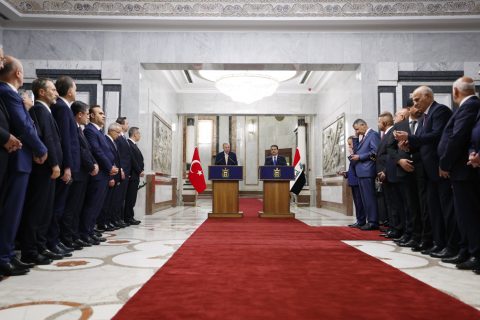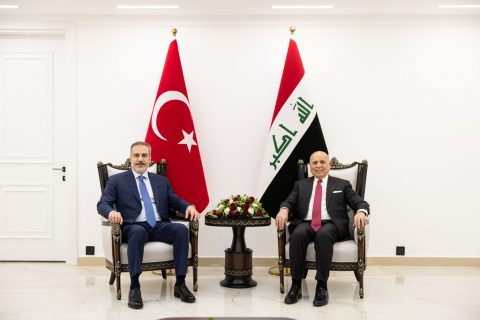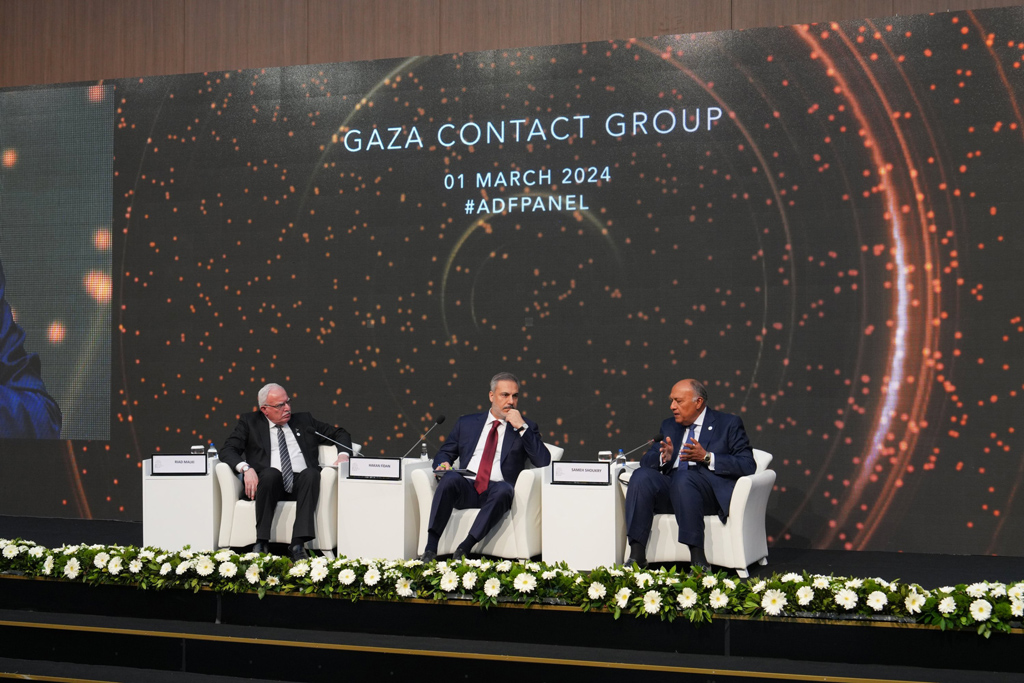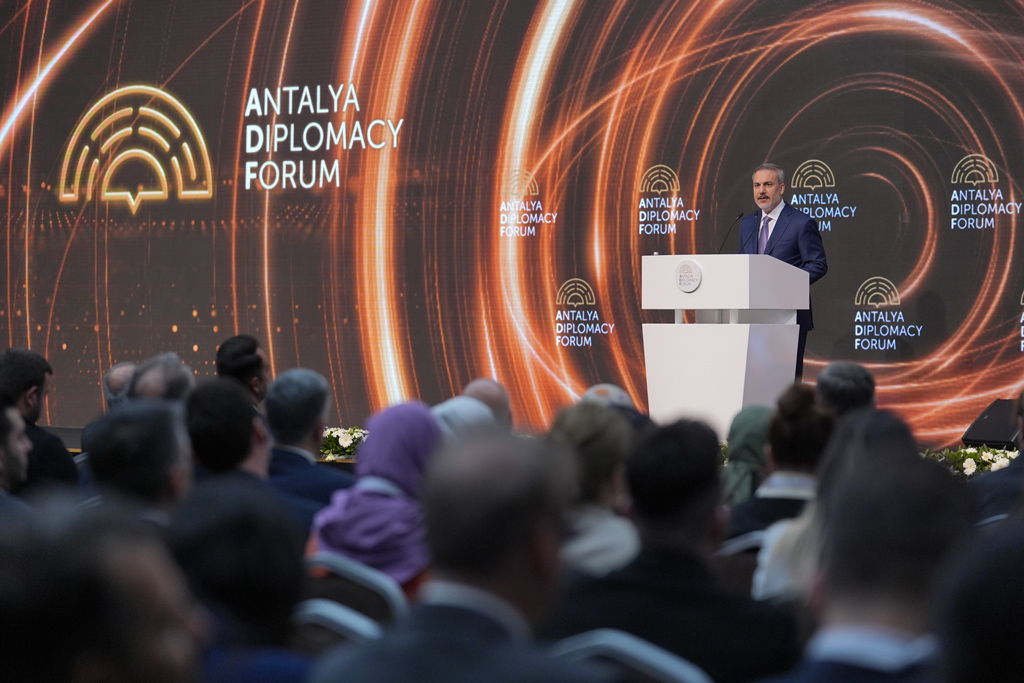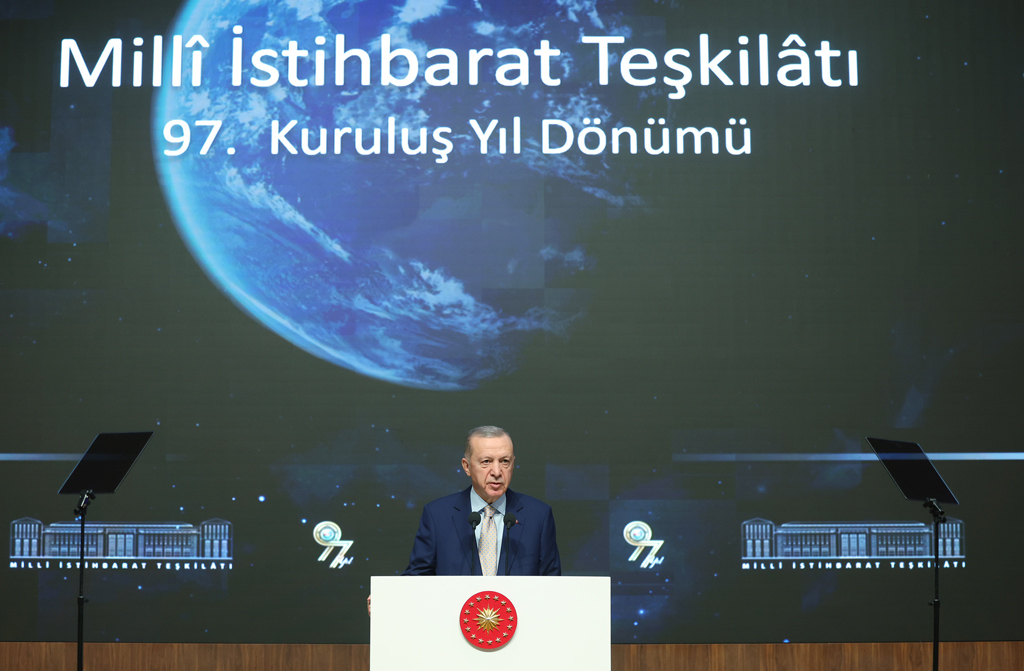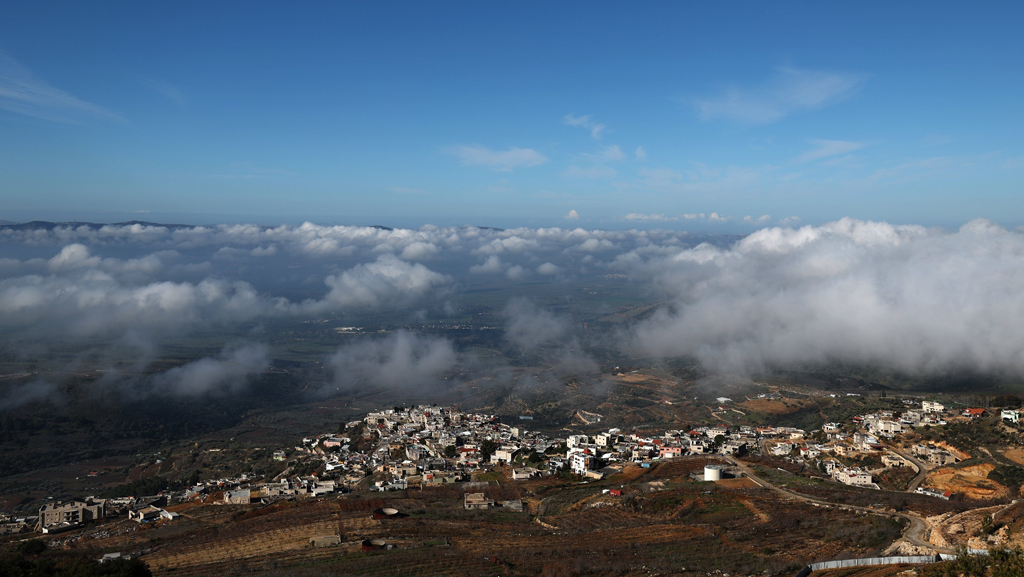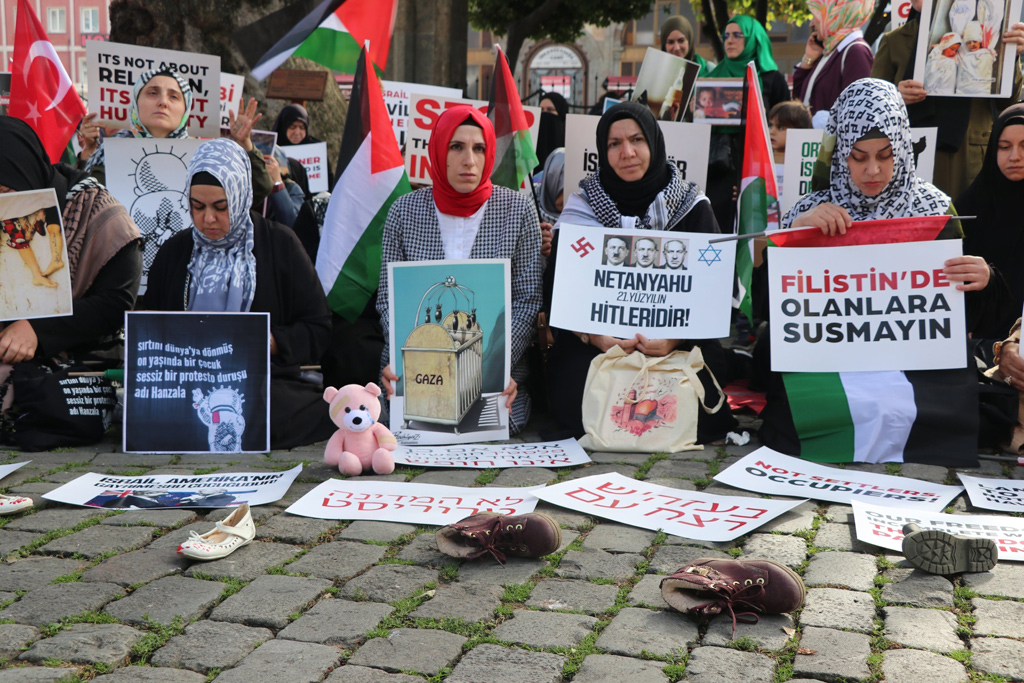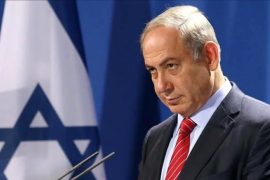Hakan Fidan
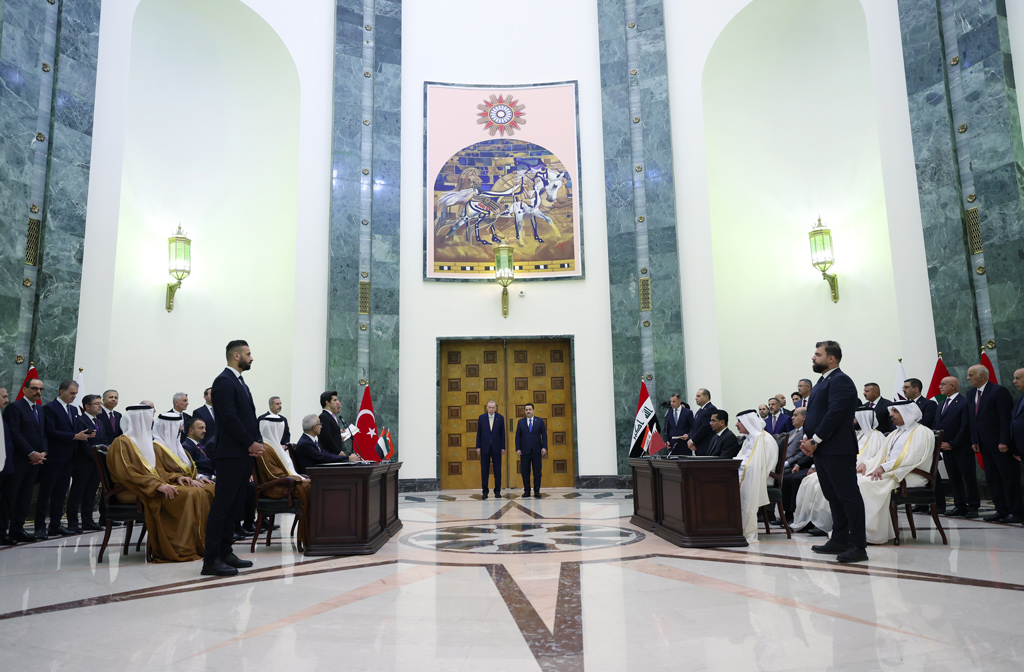
A fresh start in Türkiye-Iraq relations
| OpinionI was in Baghdad and Irbil as part of President Recep Tayyip Erdoğan’s delegation on …
-
Opinion
Turning point in Türkiye-Iraq relations
By Muhittin AtamanPresident Recep Tayyip Erdoğan paid an official one-day visit to Iraq on Monday. He was accompanied by a large delegation, including Foreign Minister Hakan Fidan, Interior Minister Ali Yerlikaya, Defense Minister Yaşar Güler, Trade Minister Ömer Bolat, Energy Minister Alpaslan Bayraktar, Minister of Transportation and Infrastructure Abdülkadir Uraloğlu, Minister of Agriculture and Forestry Ibrahim Yumaklı and Minister of Industry and Technology Fatih Kacır. Many high-ranking Turkish officials also accompanied President Erdoğan.
-
Opinion
Strategic rationality behind Türkiye-Iraq rapprochement
By Murat YeşiltaşRecent months have seen a flurry of diplomatic activity between Türkiye and Iraq, culminating in a significant agreement in Baghdad last week. This accord signals a mutual eagerness to close a chapter of discord and paves the way for a comprehensive consensus on a range of issues, including a unified stance against the PKK. With President Recep Tayyip Erdoğan’s impending visit to Baghdad, and potentially Irbil, in April, this strategic alignment not only promises a sustainable framework for bilateral ties but also portends regional ramifications.
-
Opinion
New era for Turkish-Iraqi ties heralds key developments
By Burhanettin DuranTürkiye and Iraq issued a joint statement following last week’s security summit in Baghdad, marking the beginning of a new chapter in bilateral relations.
Bu Konuda Daha Fazla
-
Antalya Diplomacy Forum: Turkish brand in diplomacy
By Muhittin AtamanThe Antalya Diplomacy Forum (ADF) is one of the biggest brands of Turkish diplomacy. The forum, which fills a gap by focusing on diplomacy, is on its way to taking its place among the long-established international forums of its kind. It shows the high-level organizational capacity of Turkish institutions. The ADF, held since 2021, is a beneficial tool to advance foreign relations and set international political agendas.
-
Antalya Diplomacy Forum and Türkiye’s choice
By Kadir ÜstünOver the weekend, I had the opportunity to attend the Antalya Diplomacy Forum organized by the Ministry of Foreign Affairs. The forum addressed numerous issues concerning Türkiye's foreign policy priorities, with a particular focus on the reconstruction of the international system in an era of regional instability and global challenges. The theme of rebuilding the international system in the post-World War II era, based on 'rule-based' principles established by the United States, stood out as a central topic. However, it's evident that this system has failed to effectively address problems or maintain stability in today's world. Amidst discussions highlighting this fundamental issue, it was clear that Türkiye is seeking grounded leadership through realistic assessments of diplomacy's possibilities and limitations.
-
Codes of messages on 97th anniversary of MIT’s establishment
By Burhanettin DuranTo understand how Türkiye sees the world’s dangerous trends, it is crucial to go over the statements made at the National Intelligence Organization’s (MIT) 97th anniversary event.
-
Who benefits from controlled proxy conflict?
By Burhanettin DuranThe Middle East rang in the new year with assassinations and terror attacks. Saleh al-Arouri, the deputy leader of Hamas' political bureau, was assassinated in Beirut last Tuesday. The following day, two bombings in Kirman, Iran (for which Daesh has claimed responsibility) killed 103 people. As those attacks shifted everyone’s attention to Israel, Iran and Hezbollah pledged to exact “revenge and a heavy price.”
-
‘Great Palestine Rally’ and Sweden’s NATO accession protocol
By Burhanettin DuranThe Turkish media reported two major developments with the potential to cause a stir in domestic politics. First, Sabah reported that the Justice and Development Party (AK Party) was going to host a pro-Palestinian event, the “Great Gathering for Palestine,” outside its provincial headquarters in Istanbul and that President Recep Tayyip Erdoğan and fellow leaders of the People’s Alliance would attend it. Secondly, the Directorate of Communications announced that President Erdoğan had signed Sweden’s NATO accession protocol and sent it to the Turkish Parliament.
